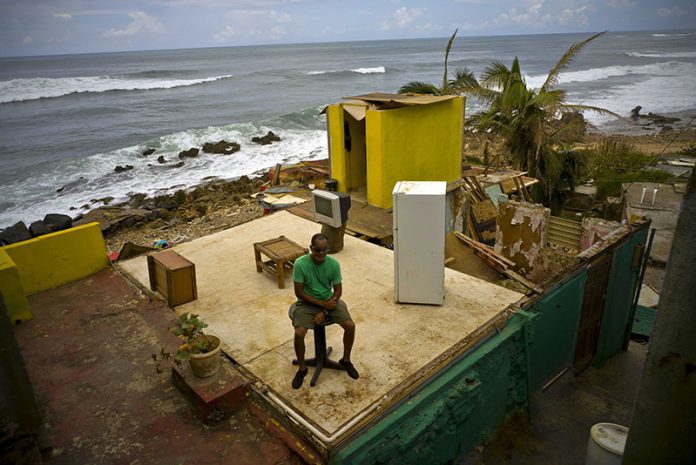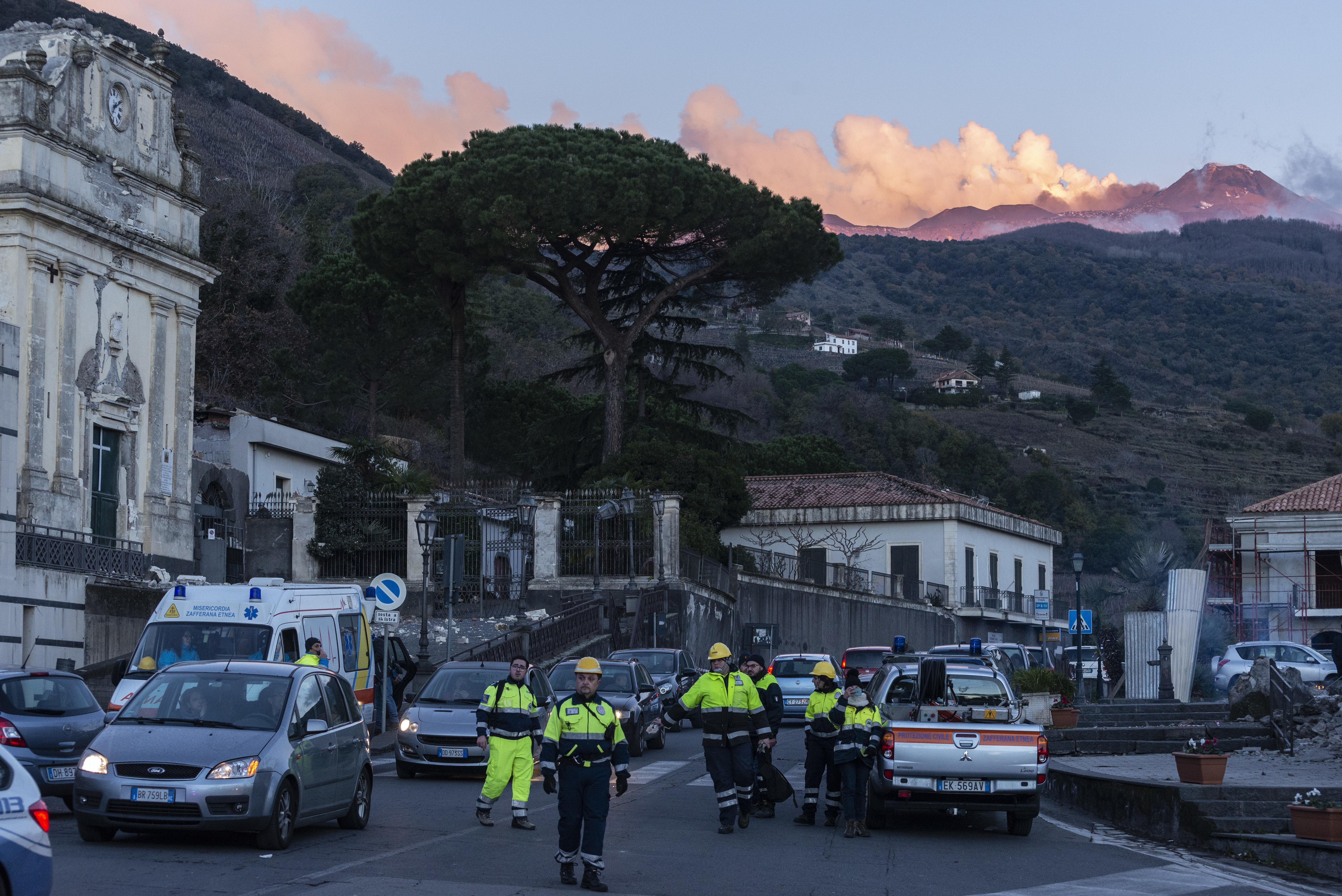
By DÁNICA COTO
Associated Press
SAN JUAN, Puerto Rico (AP) — Puerto Rico’s governor on Tuesday announced that his administration was cancelling a proposed debt restructuring deal for the island’s public power company, calling it unfeasible.
The deal had been in the works for several years and was delayed by the pandemic, with many expecting it might have been approved soon since Puerto Rico’s government is starting to emerge from bankruptcy after declaring in 2015 that it was unable to pay its more than $70 billion public debt load.
The island’s Electric Power Authority holds more than $9 billion of that debt, the largest of any government agency, and economists consider restructuring that debt key for the island’s economic progress.
Gov. Pedro Pierluisi said that the current proposed deal is neither feasible nor in Puerto Rico’s best interest.
“I am committed to achieving (the company’s) exit from bankruptcy,” he said, adding that he supports a deal that would ensure an efficient, cleaner and reliable electric energy system for the island.
A federal control board that oversees Puerto Rico’s finances and the ongoing bankruptcy-like process in federal court said it supported Pierluisi’s decision. However, it noted that the plan would have cut the power company’s debt by 32% and that legislators whose approval was needed “unfortunately rejected some of the key terms…as unacceptable.”
The board said it expects to negotiate a new resolution via mediation or another process.
Both the board and the governor’s office said worldwide economic conditions — including rising inflation and surging prices of oil — have changed significantly since the agreement was negotiated with creditors in 2019.
On Monday, the Institute for Energy Economics and Financial Analysis criticized the plan, saying “it ignores Puerto Rico’s financial vulnerability and puts the future of its energy grid at risk.”
Tom Sanzillo, director of financial analysis for the Ohio-based nonprofit, said the deal would have imposed a “significant rate increase” while repaying bondholders for $8.2 billion of legacy debt.
He said that by imposing new debt service to pay off old debt, the deal would have canceled any benefit from the $12 billion Puerto Rico is slated to receive from the U.S. federal government to rebuild its power grid following Hurricane Maria.
“(The company) would in effect use the money to pay off the bondholders,” he said. “This is fiscal gimmickry.”
José Caraballo-Cueto, a Puerto Rican economist and university professor, praised rejection of the plan, adding that a good debt restructuring deal cannot leave a government with more liabilities than assets.
“It was a good decision,” he said, noting that the cost of energy in Puerto Rico is one of the highest of any U.S. jurisdiction and that the proposed deal would have led to even more increases in power bills amid ongoing outages.
“They have to sit back down and seek a reasonable agreement,” he said.
Creditors who hold debt issued by Puerto Rico’s power company could not be immediately reached for comment.



















